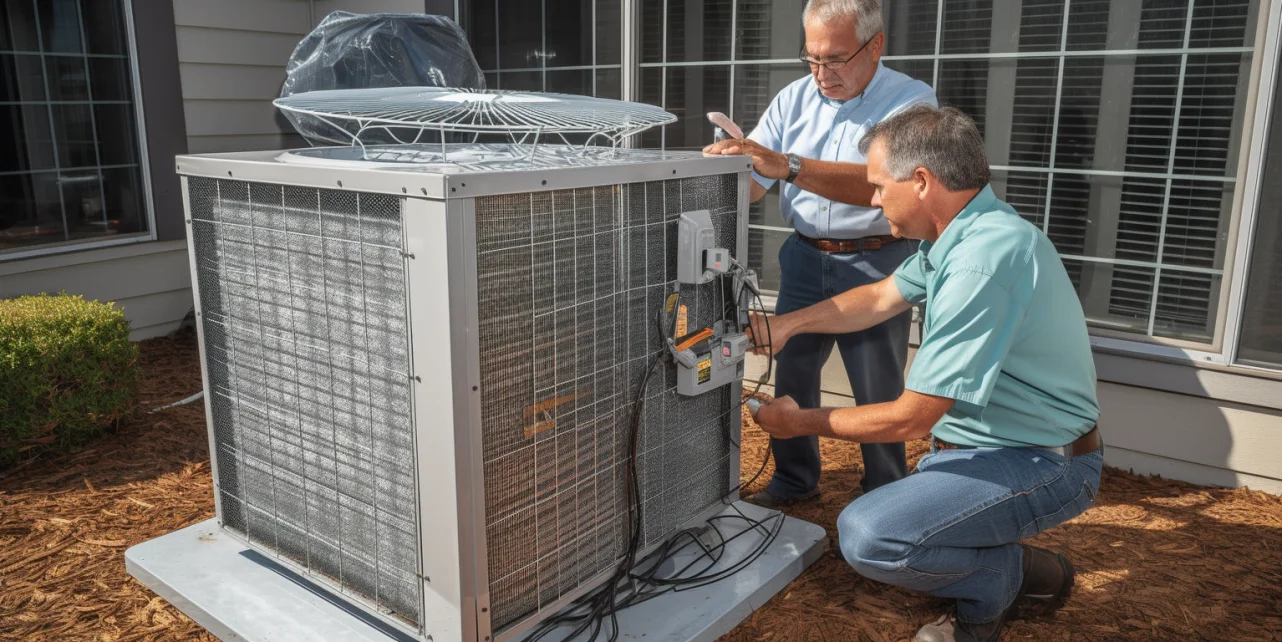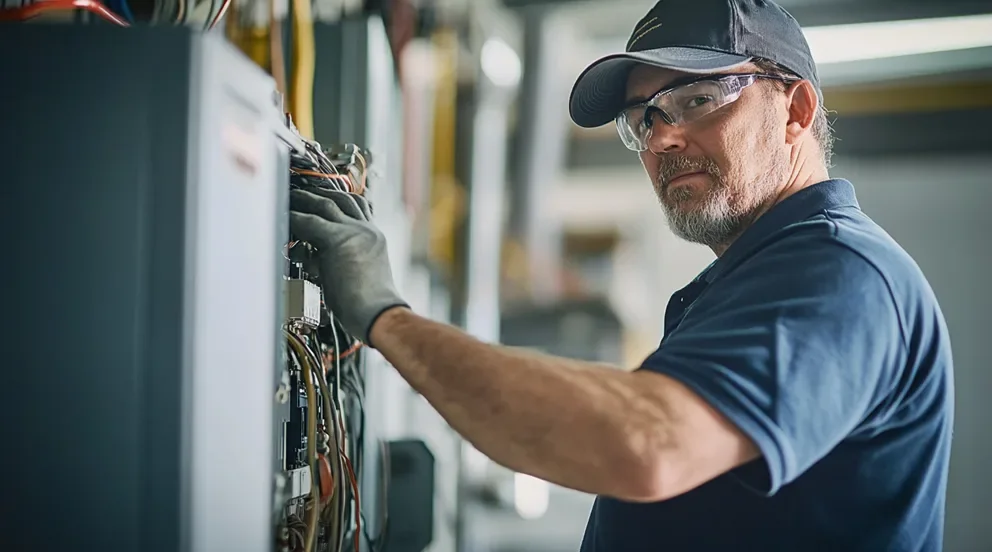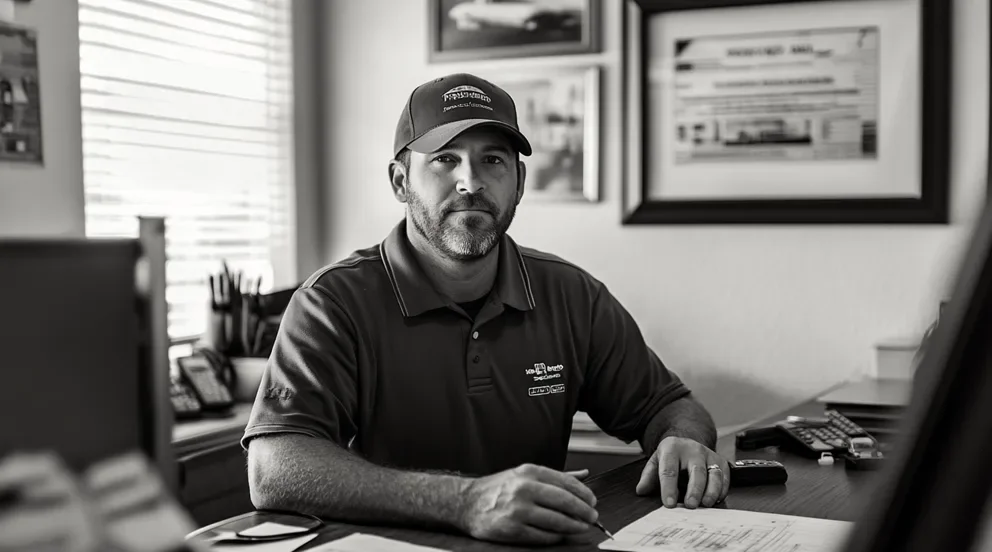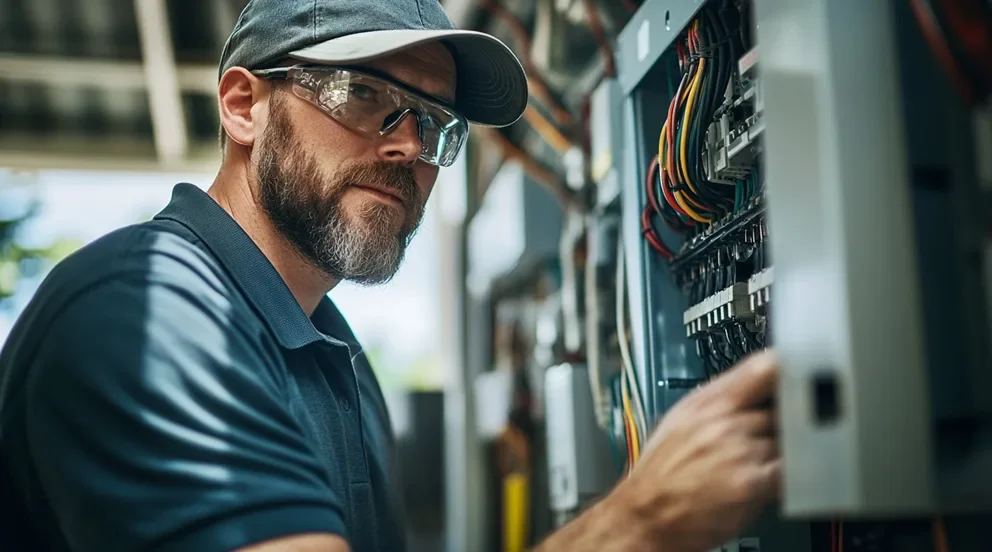An HVAC system warranty is a guarantee provided by the manufacturer to the customer that the system will function properly for a specific period of time, typically 5-10 years. This warranty covers any defects or malfunctions that may occur and ensures that the customer will not have to incur any repair or replacement costs during the warranty period.
The HVAC system warranty is an important consideration for customers when purchasing a new system. It gives them peace of mind knowing that they are protected in case of any issues with their system. It also reflects the confidence of the manufacturer in the quality and reliability of their product.
In order to benefit from the warranty, customers must ensure that their system is installed and maintained according to the manufacturer’s guidelines. Any improper installation or neglect of maintenance can void the warranty. It is therefore important for customers to hire a professional and qualified HVAC technician for installation and to regularly schedule maintenance appointments.
If a problem does arise during the warranty period, the customer should contact the manufacturer or the authorized dealer from whom they purchased the system. The manufacturer will then send a technician to diagnose and fix the issue at no cost to the customer. In some cases, the manufacturer may also offer a full replacement of the system if the issue cannot be resolved.
It is important for customers to read and understand the warranty terms and conditions before making a purchase. This will ensure that they are aware of what is covered and what is not, and also the duration of the warranty. Some manufacturers may also offer extended warranty options for an additional cost.
In conclusion, an HVAC system warranty is crucial for customers as it provides them with protection and assurance for their investment. It is important for customers to properly maintain their system and to be aware of the warranty terms in order to fully benefit from it.
Understanding the Terms and Conditions of Your HVAC System Warranty
When purchasing an HVAC system, it is important to understand the terms and conditions of the warranty provided by the manufacturer. This will ensure that you are aware of what is covered and what is not, and will also help you to make the most of your warranty benefits.
The first step in understanding your HVAC system warranty is to carefully read the warranty document provided by the manufacturer.
One of the most important factors to consider is the duration of the warranty. Most HVAC system warranties last between 5-10 years, but some manufacturers may offer longer or shorter coverage periods. It is important to know how long your warranty will last so that you can plan for any potential repairs or replacements.
Another important aspect of the warranty is what is covered. Typically, warranties cover any defects or malfunctions in the system, but may have limitations on certain parts or components.
In addition, it is essential to understand any exclusions or limitations in the warranty. These could include improper installation or maintenance, natural disasters, or damage caused by external factors. It is important to follow the manufacturer’s guidelines for installation and maintenance in order to avoid voiding the warranty.
Finally, some manufacturers may offer extended warranty options for an additional cost. It is worth considering if this is a worthwhile investment for you based on the quality and longevity of your HVAC system.
Maximizing the Benefits of an HVAC System Warranty
An HVAC system is a significant investment for homeowners, and it’s important to get the most out of it. One way to do this is by maximizing the benefits of the HVAC system warranty provided by the manufacturer.
This means hiring a professional and qualified HVAC technician who is certified to install the specific brand and model of your system. Improper installation can lead to issues in the future and may void the warranty.
Regular maintenance is also crucial in ensuring that your warranty will cover any potential damages or malfunctions. This includes scheduling annual tune-ups and filter changes according to the manufacturer’s guidelines.
In the event that an issue does arise, it is important to contact the manufacturer or authorized dealer immediately. It is also important to keep all documentation and paperwork related to your warranty in a safe place for future reference.
The Importance of Hiring a Professional for HVAC System Installation to Avoid Voiding the Warranty
A professional HVAC technician is certified and trained to properly install the specific brand and model of the system. This ensures that the system is set up correctly and reduces the risk of any malfunctions or damages. In addition, they have the necessary tools and equipment to complete the installation safely and efficiently.
Moreover, most manufacturer warranties explicitly state that improper installation can void the warranty. This can be costly for the homeowner, as they will have to cover the repair or replacement costs themselves.
In addition, hiring a professional for installation can also save time and hassle for the homeowner. This allows them to focus on enjoying the benefits of their new HVAC system.
Exploring Extended Warranty Options for Your HVAC System
When purchasing an HVAC system, the manufacturer typically provides a standard warranty for a specific period of time, usually 5-10 years. However, some manufacturers may also offer extended warranty options for an additional cost. It is worth exploring these options to determine if they are a worthwhile investment for your specific situation. They may also have less restrictions and limitations compared to the standard warranty.
When considering an extended warranty, it is important to carefully read the terms and conditions. This includes understanding the duration of coverage, what is covered, and any exclusions or limitations.
What to Expect and How to Make the Process Smooth During HVAC System Warranty Claims
Here are some tips on what to expect and how to make the process easier during HVAC system warranty claims.
The first step is to determine whether the issue with your HVAC system is covered under the warranty. Carefully review the warranty terms and conditions to see what is included and excluded. If you are unsure, consult with the manufacturer or authorized dealer.
Once you have determined that your issue is covered under the warranty, gather all necessary documentation and paperwork. This may include proof of purchase, warranty documents, and any maintenance records.
Next, contact the manufacturer or authorized dealer to make a warranty claim. They will typically send a technician to diagnose and fix the issue.
During the repair process, make sure to follow any guidelines provided by the manufacturer or technician. This may include keeping the area around your HVAC system clear and accessible.
This will depend on the terms and conditions of your specific warranty. Make sure to clarify with the manufacturer or dealer what options are available to you.
Key Takeaways
– An HVAC system warranty is a guarantee from the manufacturer that the system will function properly for a specific period of time, typically 5-10 years.
– Hiring a professional and qualified HVAC technician for installation and regularly scheduling maintenance appointments can help maximize the benefits of the warranty.
– Extended warranty options may be worth exploring for longer coverage and less restrictions compared to the standard warranty.
– Making a warranty claim can be a smooth process by reviewing the terms and conditions, providing necessary documentation, and following any guidelines provided by the manufacturer or technician.







